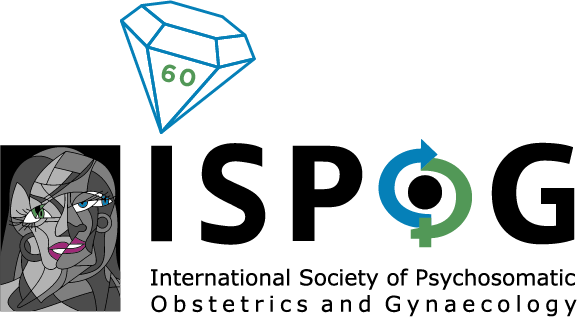 Since 1962
16 Countries
1.546 Members
Since 1962
16 Countries
1.546 Members
 Since 1962
16 Countries
1.546 Members
Since 1962
16 Countries
1.546 Members


In war and other situations of conflict, care for women and children is especially vulnerable and reproductive rights will be violated. Obstetric and gynaecologic care is more difficult under these circumstances and health care workers cannot do their jobs properly and may become victims of war themselves. Also, war and conflict-related migration are known to be associated with increased levels of gender-based violence, mental ill-health and human rights deprivations. Therefore, war has long-term and transgenerational implications for reproductive health.
Currently, the war in Ukraine, with the attendant civilian casualties, separation of families, and influx of refugees into neighbouring countries is one of these situations that abhors the world. It challenges the global community to be proactive in addressing the plight of vulnerable persons, particularly women and children.
The International Society of Psychosomatic Obstetrics and Gynaecology (ISPOG) calls on governments and nongovernmental organisations to ensure the timely implementation of extant guidelines and interventions developed from the experiences of families and communities affected by warfare elsewhere in the world over the last three decades.

The impact of the covid-19 pandemic is not only influencing the topic of our conference, but also makes a date change necessary.
The new dates for the 20th ISPOG congress are 13-16 July 2022.
The conference venue is still the Sigmund Freud University in Vienna.
The new deadline for abstract submission will be 30 March 2022.
We hope to see you all in summer 2022 in Vienna!

The COVID-19 pandemic has had, and still has, a profound impact on all of us,. Affecting the everyday life and professional activities of our patients and ourselves. The 20th Congress of the International Society of Psychosomatic Obstetrics and Gynaecology (ISPOG) addresses this Impact in relation to the following topics in key lectures, symposia, master classes and workshops:
The abstract submission deadline is set at December 15th 2021. Join us in the lovely city of Vienna, Austria.
Parallel to the 20th Congress of ISPOG, the 3-Länder-Tagung der Deutschen, Österreichischen und Schweizer Gesellschaften für Psychosomatik in Frauenheilkunde und Geburtshilfe
will take place (the conference language for that conference is German).
More information about ISPOG 2022 can be found at www.ispog2022.org.
Please share this!
This Spring, many members of ISPOG were travelling to meet colleagues and engage in meetings. On 2 February 2024, the first Nordic symposium of ISPOG was organized in Copenhagen by […]
Read more »o. Univ-Prof. Dr. Med. Marianne Springer-Kremser (11.11.1940 – 26.02.2023) It is with great regret that we have to inform you about the sudden and unexpected death of Marianne Springer-Kremser. With […]
Read more »Dr. Péter Szeverényi, MD PhD Obstetrician – Gynaecologist, Clinical Psychologist (1949-2023) Dr Szeverényi belonged to those few in the field of obstetrics and gynaecology in Hungary who represent the family-centred […]
Read more »